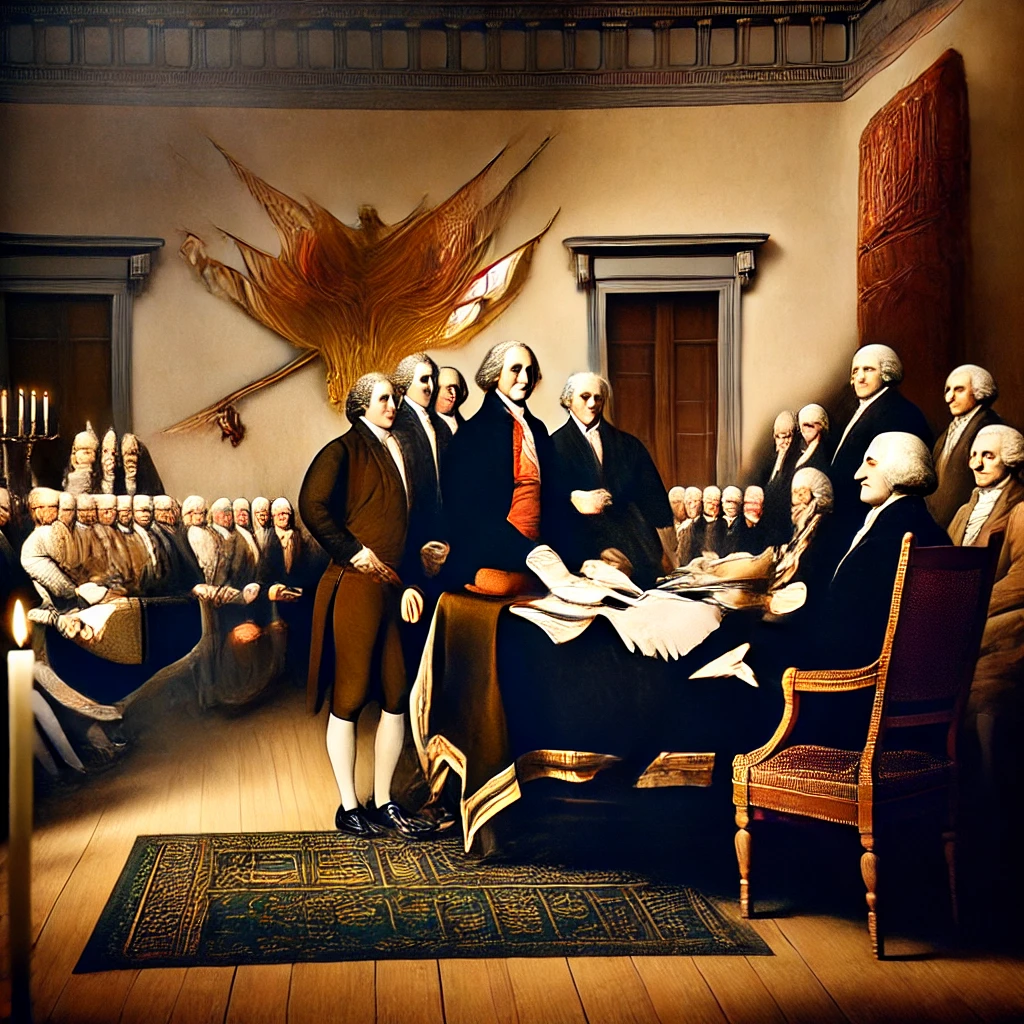On this day in 1782, representatives of the United States and Britain signed the Preliminary Articles of Peace, marking a pivotal moment in history. This agreement laid the groundwork for the Treaty of Paris in 1783, which formally ended the American Revolutionary War and cemented the independence of the United States. The signing was not merely the conclusion of a war but the start of a new era that would reshape the global political landscape.

A Revolutionary Turning Point
The signing of the Preliminary Articles of Peace signaled a significant shift in the balance of power between the colonies and Britain. After years of conflict and negotiations, Britain, under the leadership of Prime Minister Lord Shelburne, acknowledged the futility of continuing the war. American representatives, including John Adams, Benjamin Franklin, and John Jay, skillfully negotiated terms that reflected the new nation’s aspirations. The articles not only recognized U.S. independence but also addressed critical issues such as territorial boundaries and fishing rights.
This moment represented a triumph of diplomacy. While the battlefield victories were crucial, the ability of the American leaders to navigate complex negotiations with European powers was equally critical to the success of the Revolution.

The Global Significance of Peace
The Preliminary Articles of Peace were part of a larger geopolitical context. The American Revolutionary War was not just a fight between Britain and its colonies but a global conflict involving France, Spain, and the Dutch Republic. The signing of the preliminary agreement effectively signaled the beginning of a broader peace process, with Britain also negotiating with its other adversaries.
The agreement also had profound implications for colonial powers worldwide. It inspired independence movements across the globe, from South America to Asia, showing that colonial rule could be successfully challenged. This reshaping of alliances and the weakening of British influence marked the decline of one empire and the rise of a new global power in the United States.
The Legacy of Independence

The significance of the Preliminary Articles of Peace extends far beyond the 18th century. The ideals of liberty and self-governance that fueled the American Revolution became guiding principles for other nations seeking independence. The success of the United States demonstrated the potential for a republic to thrive, influencing constitutional frameworks and governance models worldwide.
Today, the values championed during the American Revolution remain central to U.S. identity. The signing of the Preliminary Articles of Peace serves as a reminder of the power of perseverance and diplomacy in achieving monumental change. It also underscores the importance of securing peace as a foundation for building a just and prosperous society.
As we reflect on November 30, 1782, we recognize it as a day when the course of history changed. The steps taken in Paris that day set the stage for the birth of a nation and the ideals that continue to shape the modern world.
